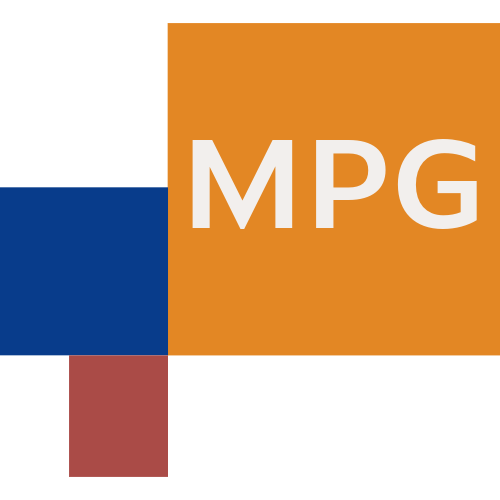menu
menu
Menu
cancel
- arrow_back_iosBacknavigate_nextpersonPersonal
- groupCommunities
- articleBlogs
- eventEvents
- sourceTemplates
- question_answerQuestions
- schoolLearning
- business_centerBusiness
- live_helpFAQ
What role do managers play in employee oversight, and how can they be equipped with the skills and tools necessary to provide effective guidance and accountability measures?
What are the primary types of financial risk that businesses face, and how can they be effectively managed or mitigated?
How does market risk impact investment portfolios, and what strategies can investors use to protect against significant losses?
In what ways can changes in interest rates pose risks to financial institutions, and what tools are available to manage these interest rate risks?
What are the key steps involved in the policy development process, and how do stakeholders engage at each stage to ensure comprehensive and inclusive policymaking?
How can policymakers effectively balance competing interests and priorities while ensuring that the policies developed are equitable, sustainable, and aligned with long-term strategic goals?
What role does empirical evidence and data analysis play in shaping policy decisions, and how can decision-makers ensure that their policies are adaptable to emerging trends and unforeseen challenges?
What are the most common performance metrics used to evaluate machine learning models, and how do they differ for classification and regression tasks?
How can key performance indicators (KPIs) be aligned with business goals to ensure that an organization's performance metrics accurately reflect its success and areas for improvement?
What are the potential pitfalls of relying solely on certain performance metrics, such as accuracy for classification problems, and how can these be mitigated by using a combination of metrics?
